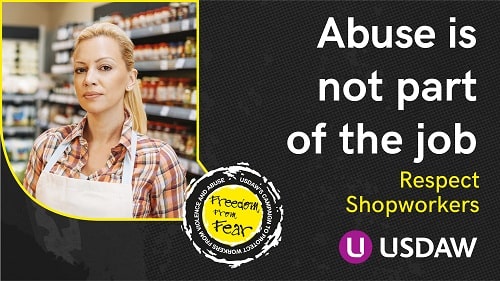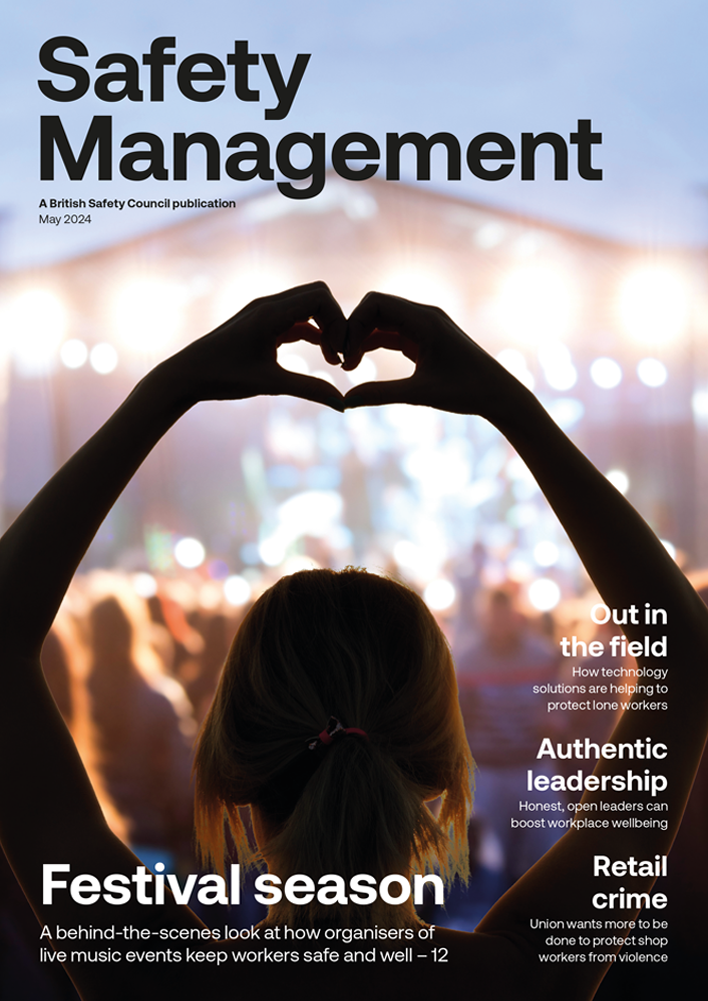I think most of us agree that reality is complex. Whether we are trying to understand work, politics or health, the world we live within is a vertiginous mix of ideas and structure, the past and the present and millions of individuals, each with their own idea of how the world should be.
Opinion
Radical simplicity
It would be very easy to sit back and accept that the world is far too complex to be either understood or changed for the better. As a charity with a clear public-benefit remit, we can’t be so fatalistic.
One approach to ‘making a difference’ is to court controversy by pushing out deliberatively simple and provocative opinions to get noticed, appeal to your friends and irritate your enemies. This is fine if you consider a ‘Twitter storm’ is anything more profound than a storm in a teacup. It seems unlikely that encouraging self-satisfied devotees is going to really improve the lives of other people.
Campaigning needs a bit of this to get noticed and, whether we like it or not, the media is a crucial vehicle for social change. Yet, there is another approach to simplicity.
This is the simplicity that tries to do justice to complexity but doesn’t want to use it as an excuse to do nothing. Too many times I can see that when confronted by difficult decisions we delay, procrastinate and, in a move we all know from government and Yes Minister, start a review. Perhaps by looking like we are doing something, people will think we are doing something, goes the mantra.
A good example is health and wellbeing. There are serious challenges here. With more of us living longer, and living longer with health conditions, the costs associated with ill health – whether from reduced economic productivity or increased public spending – is likely to increase in the coming years. In the UK alone, the state spends over £12 billion a year on health-related benefits and foregone taxes and employers face a £9 billion bill. Yet, the response to address this issue has not been effective so far.
Presenteeism is a huge drain on our economic competitiveness and our personal happiness. The causes of it and how we can tackle it are complex and need to be considered. But also, at a simple level, people should not be at work if they are unwell. Saying this seems to me to be something that shouldn’t be too controversial.
A clear and simple message along these lines will solicit quite passionate responses that it’s dangerous and too simplistic. Is this fear about business realities, where a certain amount of business transactions are undertaken by people who are unwell? How would that business survive if all these people were at home recovering?
Or is it about power and trust? Should workers have such power to simply decide for themselves if they are sick or not, or the right to request reasonable adjustments in case they have an ongoing health condition? Who gets to decide what is reasonable? Personal ambition is also an important factor, with people striving to get ahead looking upon sickness as a barrier to that goal. Perhaps one of the strongest indicators of a healthy and trusting workplace is an above-average sickness absence record or, in time, a steadily declining one: a workplace with staff who see intervening in their own health, by staying at home or seeking help, as a responsible act in their own interests and those of the business.
That good health is good business is backed up by the evidence. We now need to reframe it, in terms of health economics, that improved health will stabilise or even reduce public spending, as well as improve productivity. As I said, health remains a complex situation, but if we are to get people to start thinking at all about presenteeism and start taking it seriously, then we also need to find a way to say it’s very simple.
We launched the campaign Time to Breathe and Canairy, a free innovative pollution app, in central London last month. Thank you to those who came along to support us in our campaign to better protect the health of staff who work outside.
OPINION

Lone worker monitoring technology: is it for safety or surveillance?
By Hayden Singh, Pinsent Masons on 03 May 2024
As businesses make increasing use of safety monitoring to minimise the risks associated with lone working, consideration must be given to the impact on workers. Concerns that safety monitoring measures will be used for performance management purposes may well increase rather than alleviate health and safety risks.

Why our world needs safety more than ever
By Mike Robinson FCA, British Safety Council on 30 April 2024
Our safety, in every sense of the word, is very much in the news right now. Whether it’s wars in Europe or the Middle East, threats from terrorism or rogue states, the need to keep children safe online, or violence faced by shop keepers, the numbers and level of threats to our safety seem to rise exponentially every day.

Violence against shop workers grows in an epidemic of retail crime
By Paddy Lillis, Usdaw on 26 April 2024
Violence against shop workers has more than doubled in a year, according to Usdaw’s latest annual survey, as official figures show that shoplifting has risen by over a third. Shoplifting is not a victimless crime; theft from shops has long been a major flashpoint for violence and abuse against shop workers.



